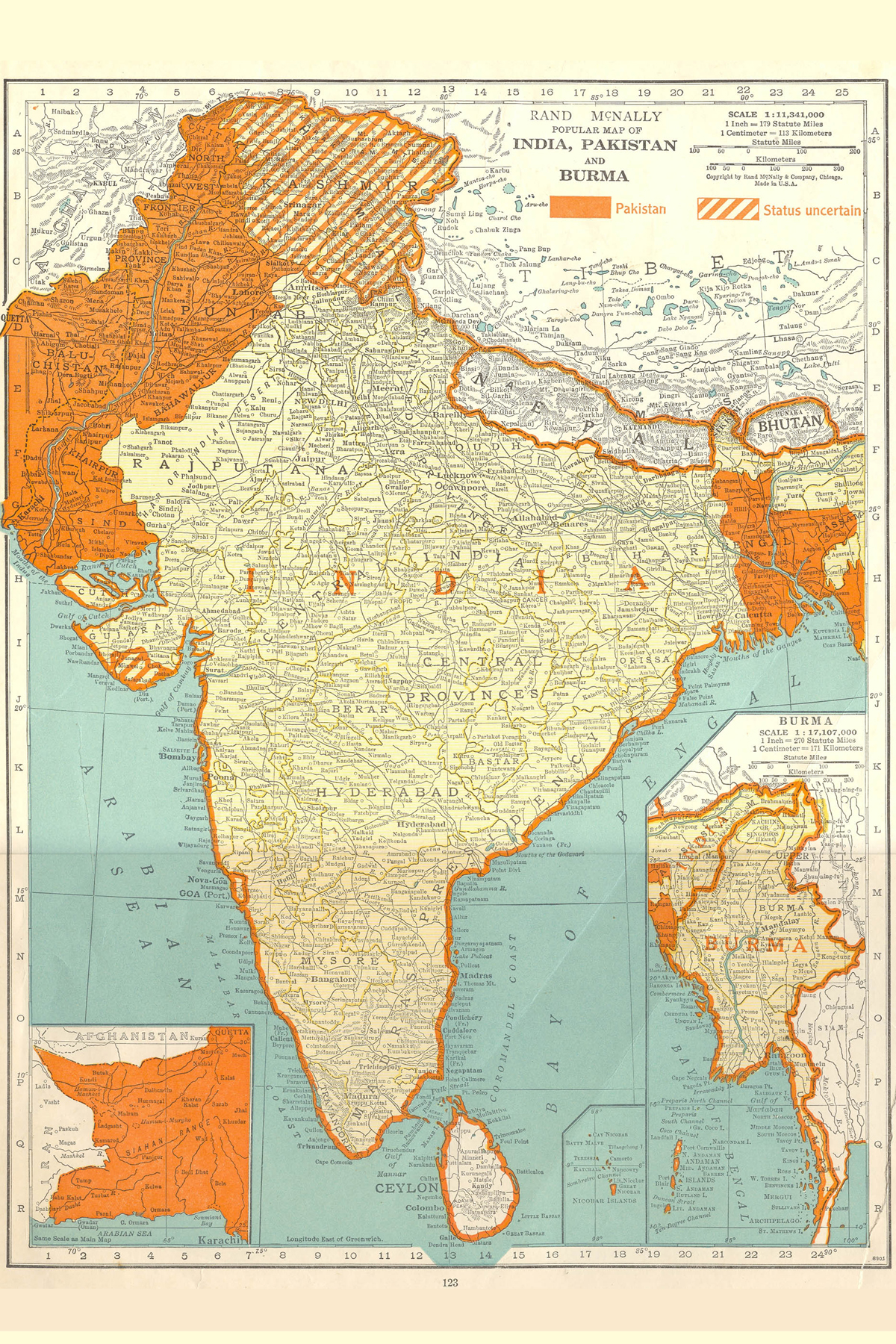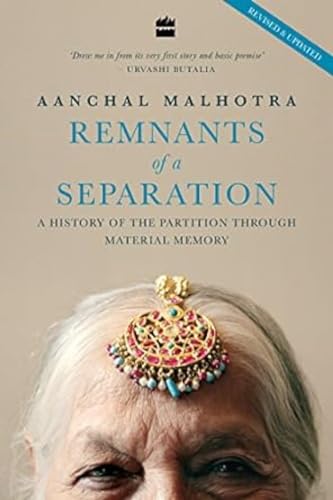
No one anticipated the onslaught of violence that followed, forcing people to change their citizenship so abruptly. The general understanding was that even if people found themselves in a country that did not recognise theirs as the majority religion, they could continue to stay if they so desired. The borders were meant to be open so that citizens could roam freely between countries, at least initially. That was the only place we knew as our own.’ I nodded. Images courtesy HarperCollins IndiaĪfter a moment, she added, ‘You do understand what I’m trying to say, right? Home. (L) Aanchal Malhotra (R) cover of Remnants of a Separation. But going back…that was the only thing that made sense, for that was our home.’ We had lived among Hindus, Muslims and Sikhs our whole lives without ever acknowledging the difference. We did not mind living among Muslims, it made no difference to us. Let this violence die down and then we will return.” He said it with such conviction too - not a shred of doubt in his voice, which of course was reason enough for the rest of us not to worry. I remember our father saying over and over at the time, “ Hum wapas jayenge, we will go back, of course we will. We were born and brought up on that land, so what if it now had a new name? We just figured we would now live in this country called Pakistan. No one really believed that we would never be able to go back to Rawalpindi.’ And we were stranded in India - although at the time we thought it was only temporary. In the meantime, the country was divided.

You see, we went there thinking we would spend a few months and return. ‘We made it out alive even before any of the violence began. ‘For the most part, I suppose we were lucky,’ she spoke softly.


Every act of violence, every village destroyed, every hasty departure and every life saved helped me make sense of the cataclysmic event. I had often imagined the Partition as a ball of yarn, held together tightly by the lives of the various people it affected, unravelling ever so slightly with the narration of each experience. Each story dug a little deeper towards the epicentre, each memory unearthed a new perspective. In the course of writing this book, I had become privy to the experiences of many relating to the Partition, and each one had captivated me. I hung on to her every word as she narrated her specific memory of the events of that year. My mother packed some jewellery to go with her more fancy outfits, but for the most part we had nothing of value.’ ‘Keep in mind, Partition had not yet happened and we thought we were just going for our summer holidays, so all we had brought were some nice clothes and light sweaters for the cool mountain air. It was May, our exams had gotten over and we were travelling to Shimla for a few months, away from the heat and humidity of Rawalpindi,’ she said.


 0 kommentar(er)
0 kommentar(er)
